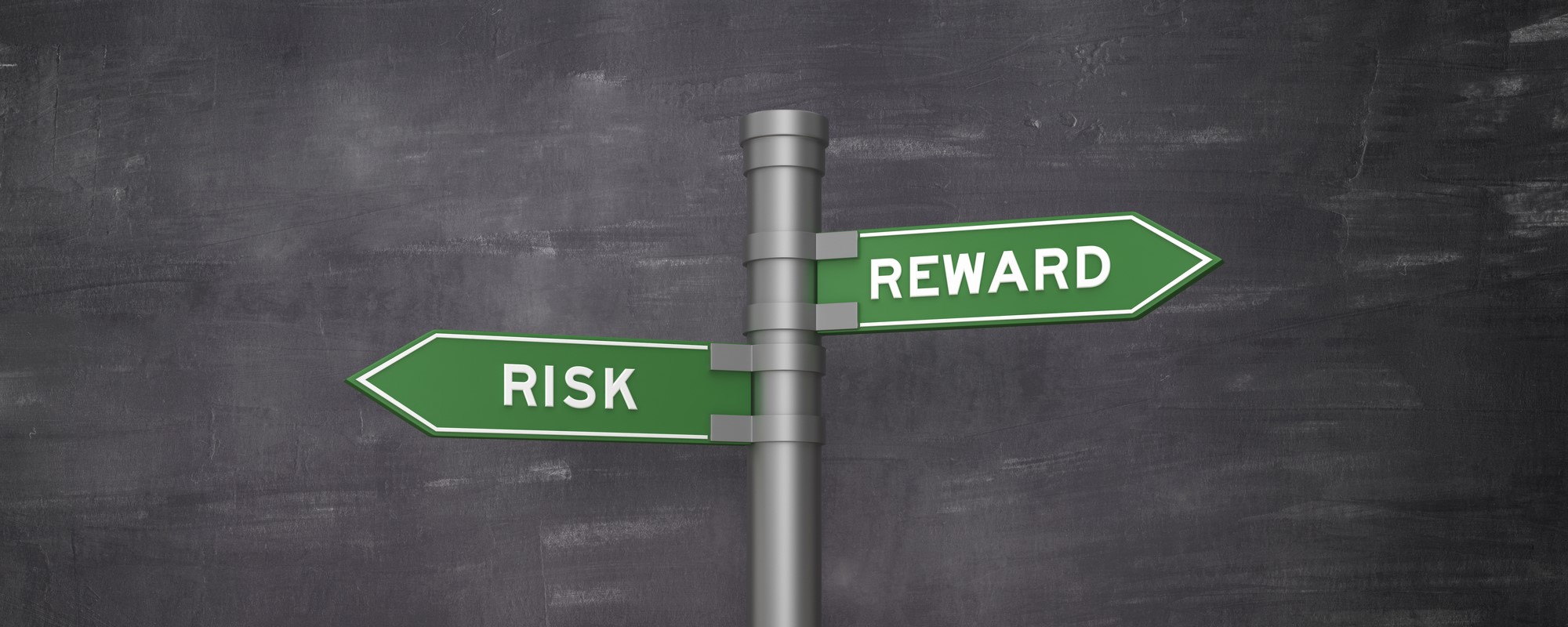Whether it’s the fallout from the UK “Brexit” vote in June, more wild swings in oil prices, or the uncertainty surrounding the US presidential election, there is plenty of risk to go around as another busy summer draws to a close.
Is investing riskier than usual these days? In our experience, probably not. If there is such a thing as “normal” in this world of ours, risk is certainly built into the definition. Besides, investors often have a dysfunctional love-hate relationship with risk. Here are a few examples:
One: Risk is underestimated
It’s one thing when we imagine risk and its potential impact on our lives and our investments. It’s quite another when it really happens. In investing, underestimating risk can trick you into believing that you can tolerate far more of it than you actually can. As financial columnist Chuck Jaffe has wryly observed: “[A] common mindset is ‘I can accept risks; I just don’t want to lose any money.”
Unfortunately, we can’t have it both ways. When the risk comes home to roost, if you panic and sell, it’s usually at a substantial loss. If you manage to hold firm despite your doubts, you will most likely be okay in the end, but it might inflict far more emotional distress than is necessary for achieving your financial goals.
Two: Risk is overestimated
On the flip side, we also see investors overestimate risk and its sibling, uncertainty. We humans tend to be loss-averse, which means we’ll exaggerate and go well out of our way to avoid financial risk, even when it means sacrificing a greater likelihood for potential reward.
“In many ways, managing your investments is about managing the risks involved. Properly employed, investment risk can be a powerful ally in your quest to build personal wealth.”
This summer has already provided several examples of investment risk. The US election and the Brexit vote will continue to impact the markets in unpredictable ways. Then there are the usual suspects, such as oil prices, slow growth in China, Greek bailouts, continued Middle Eastern unrest, and so on.
We don’t mean to downplay the real influence world events can have on your personal and financial well-being. But the markets tend to price in the ebbs and flows of unfolding news far more quickly than you can trade on them. So it’s a problem if you overestimate the lasting impact that this form of risk is expected to have on your individual investments.
Three: Risk is misunderstood
Especially when colored by our risk-averse, fight-or-flight instincts, it may seem important to react to current financial challenges by taking some sort of action – and fast.


